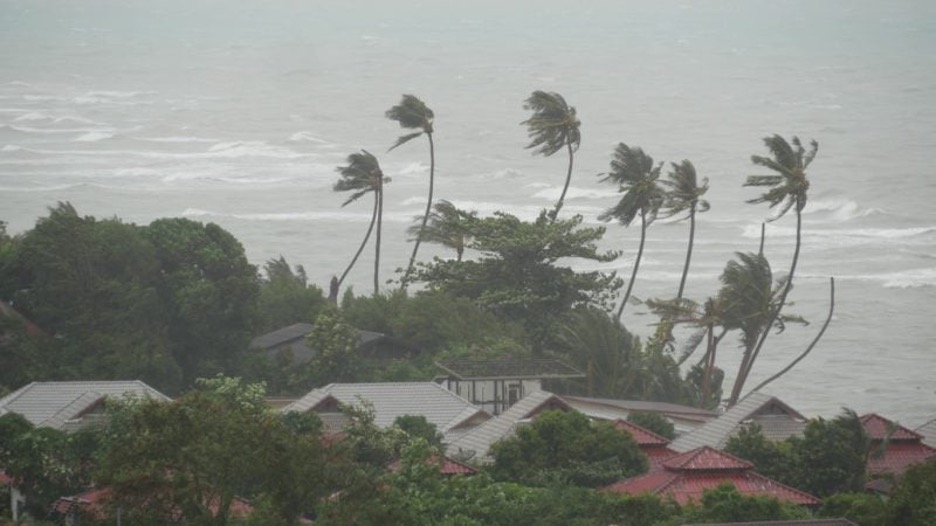
1. Sign up with the State Department’s Smart Traveler Enrollment Program.
STEP makes it easier for a U.S. embassy to send you important information about safety conditions, contact you in an emergency, and help family and friends get in touch with you. Enrollment is easy and quick.
2. Activate your phone for overseas use.
At a minimum, you should be able to send and receive text messages. This will allow you to communicate with others in your traveling party and receive STEP security updates and X (fka Twitter )Alerts (see #9).
3. Plot on a paper map where the local embassy/consulate and best hospitals are.
In an emergency you may not be able to rely on your smartphone or Google Maps app to get you places (no cell service, lost device, depleted battery).
4. Choose a second meet-up spot.
If you’re going to be separated from your companions, it’s a good idea to agree to meet back at your hotel if a problem arises. But what if you can’t get back there, or the hotel itself is compromised? Always have a second place to rendezvous.
5. Program your cell phone with emergency numbers.
911 doesn’t work for countries outside the USA and Canada. Here’s a list of local emergency numbers for various countries. Also ask your hotel concierge for the best numbers for the police, medical emergencies, and someone at your hotel who can help in case of emergency.
6. Carry a photocopy of your passport photo page and any visas.
Keep it on your person during the trip in case the original is back at your hotel or gets lost.
7. Carry your hotel’s business card in the local language.
You can show it to police or taxi drivers to get back to safety quickly.
8. Choose accommodations with access to English TV news channels and high-speed Internet.
If you’ve got CNN, BBC, and Al-Jazeera, you can easily monitor the news. Fast Wi-Fi allows you to check local English-language websites for news and help. Pick accommodations away from places where protests and traffic jams occur (e.g., Taksim Square in Istanbul or Tahrir Square in Cairo).
9. Carry a mini-flashlight.
You’ll need it if the power goes out. Save your phone battery for other uses.
10. Follow X (fka Twitter ) feeds that provide reliable, accurate news updates and security alerts.
X feeds vary by destination and type of emergency. For starters, follow the U.S. embassy feed in the country you’re visiting, as well as the U.S. State Department’s feed, @travelgov. The @RedCross and Google’s Crisis Response Team, @GoogleCR, are also worth following, as are the local airport’s feed, which may post updates about airport delays and shutdowns, and the feeds of local hotels, which usually have an emergency action plan and may be offering help or a landline.
11. Pack certain medicines and a water purifier.
Bring a prescription antibiotic and prescription pain reliever in case you end up needing to be your own doctor. Bring iodine tablets (or one of the newer technologies) to purify water; in an emergency, bottled water supplies quickly run out.
12. Know how to use Google’s person finder and Facebook’s Safety Check feature.
In natural and humanitarian disasters, Google helps track missing persons. When a crisis occurs, Facebook activates its Safety Check feature: If you’re in an affected area, use it to alert friends and family that you’re okay.
13. Purchase an emergency assistance plan.
Travel, evacuation, and emergency assistance insurance provides help in a medical emergency or other crisis (political threat, terrorist attack, violent crime). You have access to a 24/7 response center, a security expert to advise you, cash advance, and response services such as ground ambulance and transfer from a foreign hospital to one back home.
Twist’s Take: Traveling overseas is safer than driving your car at home on Friday night. But taking these precautions won’t hurt, and will give you peace of mind (and added security in the event something unexpected does happen).

